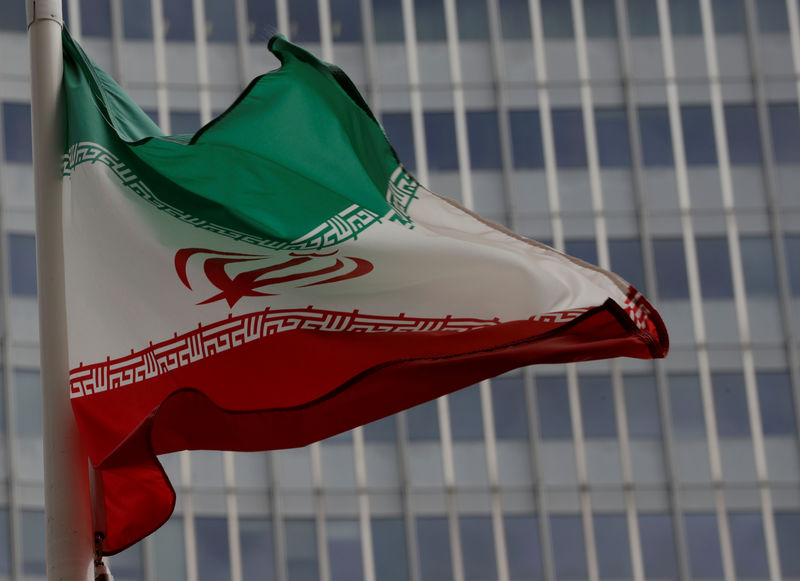By John Irish and Francois Murphy
VIENNA (Reuters) - European powers will demand Iran stop violating their nuclear deal or potentially face renewed U.N. sanctions, but with Tehran locked in conflict over U.S. sanctions, there appears to be little scope for compromise when they meet on Friday.
The meeting comes amid heightened friction between Iran and the West. Tehran has rolled back its commitments under the 2015 deal in response to Washington's pullout from it last year and reimposition of sanctions that have crippled its economy.
The Europeans and Tehran on Thursday clashed over Iran's ballistic missile programme before senior diplomats from the remaining parties to the deal, Britain, China, France, Germany and Russia, meet with Iranian officials in Vienna on Friday.
As the accord has slowly eroded, the Europeans have been torn between trying to save it and responding to Iran's breaches, which have increasingly tested their patience.
Iran's violations have included exceeding the maximum amount of enriched uranium it is allowed under the deal and resuming enrichment at Fordow, a site buried inside a mountain that Iran hid from U.N. nuclear inspectors.
"I think the window for a negotiation and to save the deal is barely open," said a European diplomat.
The Europeans are considering triggering a mechanism in the deal that could lead to the reimposition of U.N. sanctions.
Three diplomats said the political decision was unlikely to be made until January, when Iran is expected to reduce further its commitments to the pact, under which it curtailed its nuclear activities in return for relief from sanctions.
"The European parties to the deal should know that the clock is ticking for them. They try to keep Iran in the deal but then take no action against America's bullying and pressure," said a senior Iranian official.
Tehran has repeatedly criticised the three European powers for failing to shield Iran's economy from the far-reaching U.S. sanctions, which have driven away foreign companies interested in doing business there.
Highlighting the widening gap between the two sides, Iran's foreign minister on Thursday said the three had shown their "miserable incompetence" in fulfilling their commitments.
He was responding after they sent a letter to the U.N. Security Council accusing Tehran of having nuclear-capable ballistic missiles.
"I don't think the Europeans have reached their red line yet, but the repeated violations and the fact we're now entering proliferation territory means their credibility is on the line," said a Western diplomat.
Two diplomats said the Europeans hoped to announce soon the first transaction of a mechanism for barter trade called Inset that would net out amounts at either end for humanitarian goods. But even European diplomats acknowledge the mechanism is symbolic rather than a deal-saving device.
